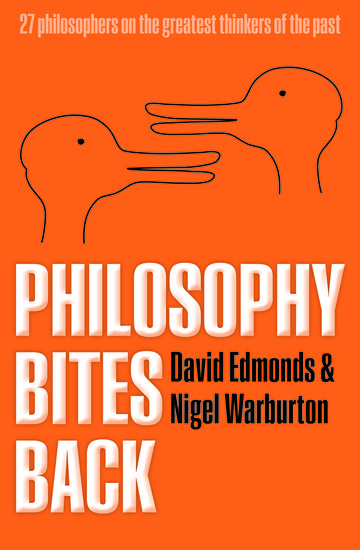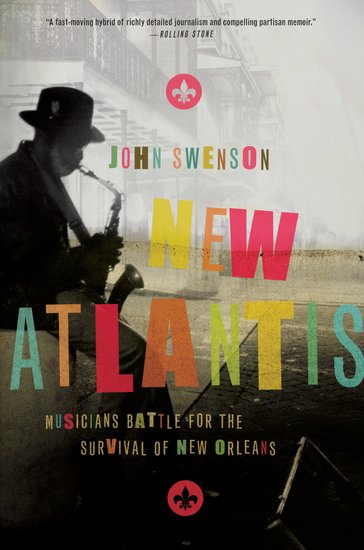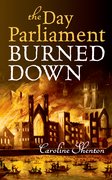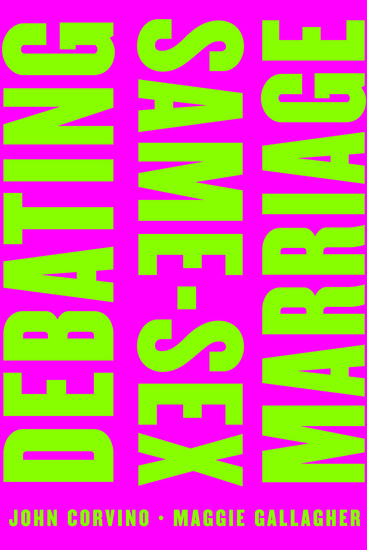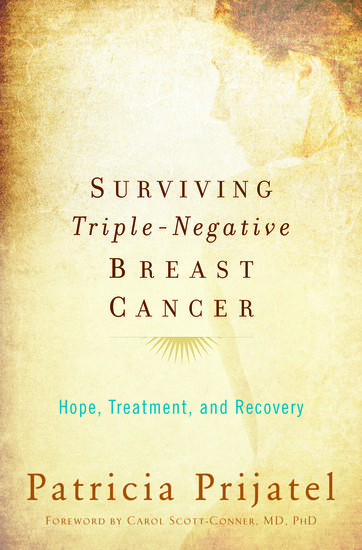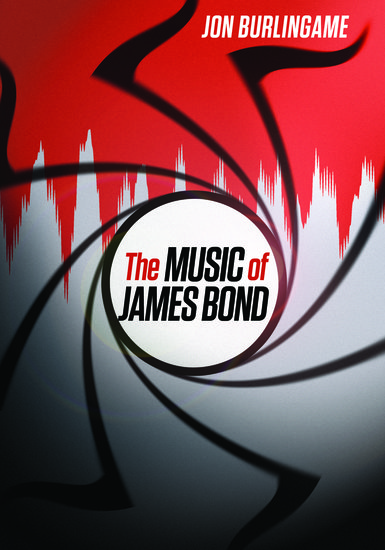Place of the Year 2012 in pictures
Fresh off the heels of an exciting “Word of the Year” week, OUP geographers are still debating what should be recognized as the Place of the Year 2012. This slideshow highlights the POTY shortlist, full of contenders that may have to duel this out. Unless….if you make your vote below, we’ll be able to select the place that has inspired the majority of readers this year, sparing the planet World War POTY.



